Why RFF Matters
There are still 72 of 195 countries in the world (37%) where same-sex sexual activity is criminalized (1). 32 of those countries, nearly half, are in Africa (44%); 23 are in Asia (32%), 10 are in the Americas (14%), and six are in Oceania (8%).
LGBTI(2) people in these countries live with the real, state-sanctioned reality of overt discrimination, arrest, and imprisonment. In eight countries, LGBTI people are subject to the death penalty.
The principle opposition to equality rights for LGBTI people stems from mainstream organized religion, whose tenets and teachings are based on ancient texts/books over two millennia in the making. The interpretation of those texts has varied over history – occasionally to suit the time, a moral or societal imperative, or a crisis of confidence by followers of the religious institution itself (think Savonarola and the “Bonfires of the Vanities” during the Renaissance period).
Modern religious scholarship has shown that there is a continuum of interpretation of the sacred texts of Christianity (the Bible), Judaism (the Torah), Hinduism (the Vedas), and Islam (the Qur’an). A strict, or fundamentalist, interpretation of the Bible, for example, would prohibit women from wearing red because red is associated with immorality, adultery and prostitution (Revelations 17, 1 – 6). The practicality of barring all women from wearing red in 2018 is improbable and almost impossible.
Yet when it comes to the issue of homosexuality, a strict or literal interpretation is commonly and currently used to deny, restrict and repress the human and equality rights of LGBTI people.
As Idan Dershowitz, a biblical scholar, wrote in the The New York Times (July 21, 2018 – “The Secret History of Leviticus”), “No text has had a greater influence on attitudes toward gay people than the biblical book of Leviticus, which prohibits sex between men. Before Leviticus was composed, outright prohibitions against homosexual sex — whether between men or women — were practically unheard-of in the ancient world.
Chapter 18 of Leviticus contains a list of forbidden incestuous acts, followed by prohibitions against sex with a menstruating woman, bestiality and various other sexual acts. In Verse 22, we find its most famous injunction: “You shall not lie with a male as with a woman; it is an abomination.” (Leviticus 20:13 repeats this law, along with a punishment for those who violate it: “They shall be put to death; their blood is upon them.”)
Like many ancient texts, Leviticus was created gradually over a long period and includes the words of more than one writer. Many scholars believe that the section in which Leviticus 18 appears was added by a comparatively late editor, perhaps one who worked more than a century after the oldest material in the book was composed. An earlier edition of Leviticus, then, may have been silent on the matter of sex between men.”
Recent history (the latter half of the 20th century until present day) has shown that securing human and equality rights for LGBTI people is a long, hard struggle in many countries. Change, in its many forms, is often gradual and the result of a confluence of forces working together to advance broader individual rights within a country. As of May 2017, there are 124 United Nations Member States (of 193 – 64%) with no legal penalties for consensual same-sex sexual activity. This is incredible progress for LGBTI people.
Rainbow Faith and Freedom’s focus is on those countries and areas of the world where religious-based LGBTI discrimination continues to deny human and equality rights for LGBTI people.
(1) International Lesbian, Gay, Bisexual, Trans and Intersex Association: Carroll, A. and Mendos, L.R., State Sponsored Homophobia 2017: A world survey of sexual orientation laws: criminalisation, protection and recognition (Geneva; ILGA, May 2017).
(2) The Acronym LGBTI (Lesbian, Gay, Bisexual, Trans, Intersex) is used when referring to international human and equality rights for LGBTI people. The acronym 2SLGBTI (Two-Spirit, Lesbian, Gay, Bisexual, Trans, Intersex) is used when referring specifically to the 2SLGBTI community in Canada.

